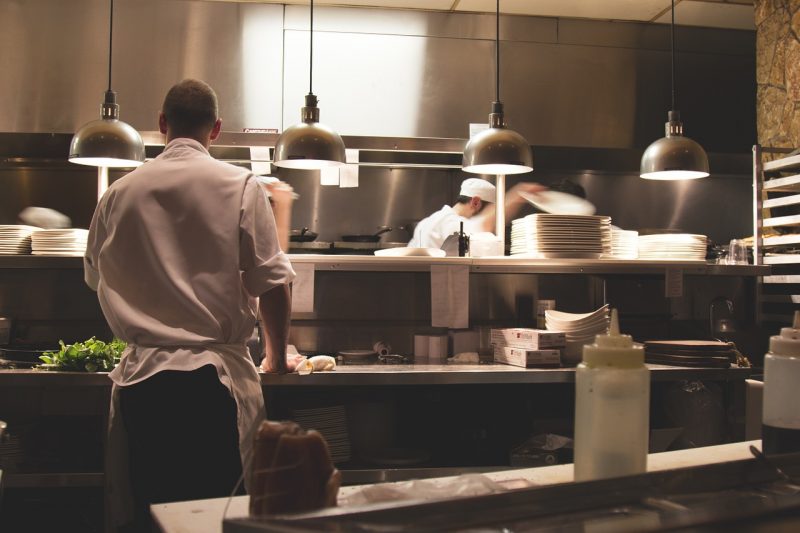The ability for bacteria to spread quickly between people has been highlighted by the rapidly spreading coronavirus. If you’re running a commercial kitchen it should illustrate just how important proper hygiene is at all stages of the food production process.
Cross-contamination, particularly between uncooked and cooked food, encourages the spread of bacteria such as salmonella, E.coli, or campylobacter. That’s just a few of the possibilities that could leave you very ill, some are even fatal.
That’s why it’s essential that your commercial kitchen takes the following steps to ensure cross-contamination doesn’t occur.
The Right Equipment
The first step is to make sure you’re using the right, and best possible industrial food machinery. This covers everything from the spoons you use for mixing to the mixing machines, and even the surfaces you prepare food on.
There should be separate equipment for uncooked and cooked food, avoiding the chances of the two coming into contact with each other.
The reason it’s so important to use industrial equipment is that it’s usually made of stainless steel, that makes it harder for germs to live on it and easier to clean.
Hygiene
But, that’s the key issue, cleaning. Getting hygiene right has to be a huge priority if you want to avoid cross-contamination. This doesn’t just mean cleaning the equipment when changing types of uncooked food. It also means making sure that every member of staff is aware of how to wash their hands properly and actually does so.
Bacteria can easily move from uncooked meat to your hands and then to the cooked food.
You need a dedicated washing area with anti-bacterial soap and paper towels, it’s the most hygienic options.
Cleaning The Kitchen
It’s also essential to clean the kitchen equipments and surfaces properly. The most efficient way of doing this is with a commercial dishwasher that will effectively kill any bacteria by washing at high heat.
It’s important that all equipment is washed at the end of each day and that all surfaces are wiped down with a good disinfectant spray. This will eliminate bacteria which would otherwise find it the perfect breeding ground.
Know Your Food
As a commercial kitchen, you’ll be purchasing food to turn into your famous delicacies. You need to know the origin of all your food products and to be sure that they have been handled correctly before being delivered to you.
For example, refrigerated food must be kept refrigerated, if it arrives at your kitchen warm then bacteria have already had the chance to breed, that will increase the likelihood of food poisoning or cross-contamination, simply because there is more bacteria present.
You need to have clearly defined checks to ensure the food comes from a safe origin and a respectable supplier. In addition, it’s important to have hygiene policies listed and to ensure all staff are adequately trained in them.
This will reduce the risk, while random spot checks on surfaces and equipment can help you ensure the policies are being adhered to and hygiene standards are the highest possible.
















